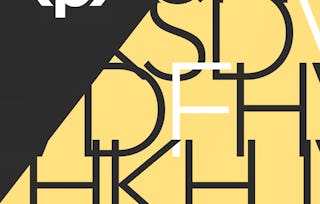This course features Coursera Coach!
A smarter way to learn with interactive, real-time conversations that help you test your knowledge, challenge assumptions, and deepen your understanding as you progress through the course. Rust is a powerful language designed for performance and memory safety, and in this course, you’ll master building idiomatic Rust programs using collections, traits, and advanced features. Through detailed examples and hands-on projects, you’ll gain the skills to handle dynamic data with vectors, HashMaps, and strings, and build clean, reusable, and flexible code with traits. By the end of the course, you’ll have a solid understanding of Rust’s collections and trait system to write efficient, modular code in a variety of domains. The course begins with the fundamentals of Rust’s collections: vectors, strings, and HashMaps. You’ll learn how to manipulate these data structures and apply ownership rules effectively. Then, you’ll dive into traits—defining, implementing, and using them to define shared behavior, enforce constraints, and ensure code reuse. Additionally, you’ll explore error handling techniques, which are crucial for robust Rust applications. This course is ideal for intermediate Rust programmers looking to deepen their knowledge and improve their code organization and structure. It is a perfect fit for anyone looking to write clean, idiomatic Rust code while mastering Rust’s powerful collection types and trait system.



















